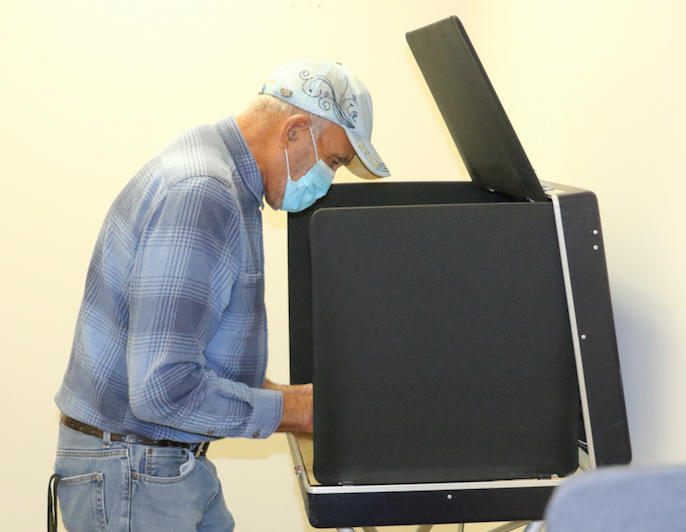Post-Florence: How to help
Published 1:18 am Saturday, September 22, 2018
After tracking the progress of Florence, which turned from a hurricane into a tropical cyclone and resulted in the deaths of 37 people; 27 in North Carolina, 8 in South Carolina and 2 in Virgina, it’s natural for people to want to assist those affected.
How people assist is crucial, a news release The Virginia Department of Emergency Management (VDEM) from Jeff Caldwell, director of public relations, cited.
To donate in ways that can help those affected the most, Caldwell recommends using cash and trusted nonprofit organizations:
“Cash donations offer nonprofit agencies flexibility to address urgent needs,” the release from VDEM cited. “These organizations can obtain needed resources nearer to the disaster location, not only getting needed supplies to those rebuilding after the storm, but also providing economic aid that helps local businesses from which these emergency supplies are purchased to recover faster.”
“Do not donate unsolicited goods such as used clothing, household items, medicine or perishable foodstuffs,” the release continued. “When used personal items are donated, the helping agencies must redirect their staff away from providing direct services to survivors in order to sort, package, transport, warehouse and distribute items that may not meet the needs of disaster survivors.”
The release cited that national faith and community-based organizations are frequently active in natural disasters and are trusted to make sure the funds go to where they need to be.
“Immediately following a disaster, a community can become easily overwhelmed by the amount of generous people who want to help,” the release cited. “Contacting and affiliating with an established organization will help to ensure that you are appropriately trained and supported to respond in the most effective way.”
Recommendations for organizations that provide disaster assistance include the National Volunteer Organizations Active in Disaster (NVOAD), VA Volunteer Organizations Active in Disaster, visit vavoad.org; and Virginia Disaster Relief Fund at vaemergency.gov/get-involved/virginia-disaster-relief-fund.
To learn more NVOAD, visit nvoad.org or call (703) 778-5088.
“The impulse to help when others who are suffering is commendable,” the release cited. “However, volunteering inside a disaster area can be dangerous, stressful work in extreme environments. If you’d like to volunteer to assist those affected by disaster, these organizations have specific disaster roles and are the best place to start.”
The release discourages people from self-deploying, or going it alone to disaster areas.
“Unexpected volunteers showing up in impacted areas will create an additional burden for first responders,” the release cited. “NVOAD says the situation may not be conducive to volunteers entering the impacted zones and individuals may find themselves turned away by law enforcement. Potential volunteers are asked to register with a voluntary or charitable organization of their choice, many of which are already deployed and supporting survivors on the ground. The NVOAD website is offering links to those who wish to register to volunteer with community- and faith-based organizations working in the field.”
“To ensure volunteer safety, as well as the safety of disaster survivors, volunteers should only go into affected areas with a specific volunteer assignment, proper safety gear and valid identification,” the release continued. “Volunteer generosity helps impacted communities heal from the tragic consequences of disasters, but recovery won’t happen overnight. There will be volunteer needs for many months, and years, after the disaster, so sign up now.”





